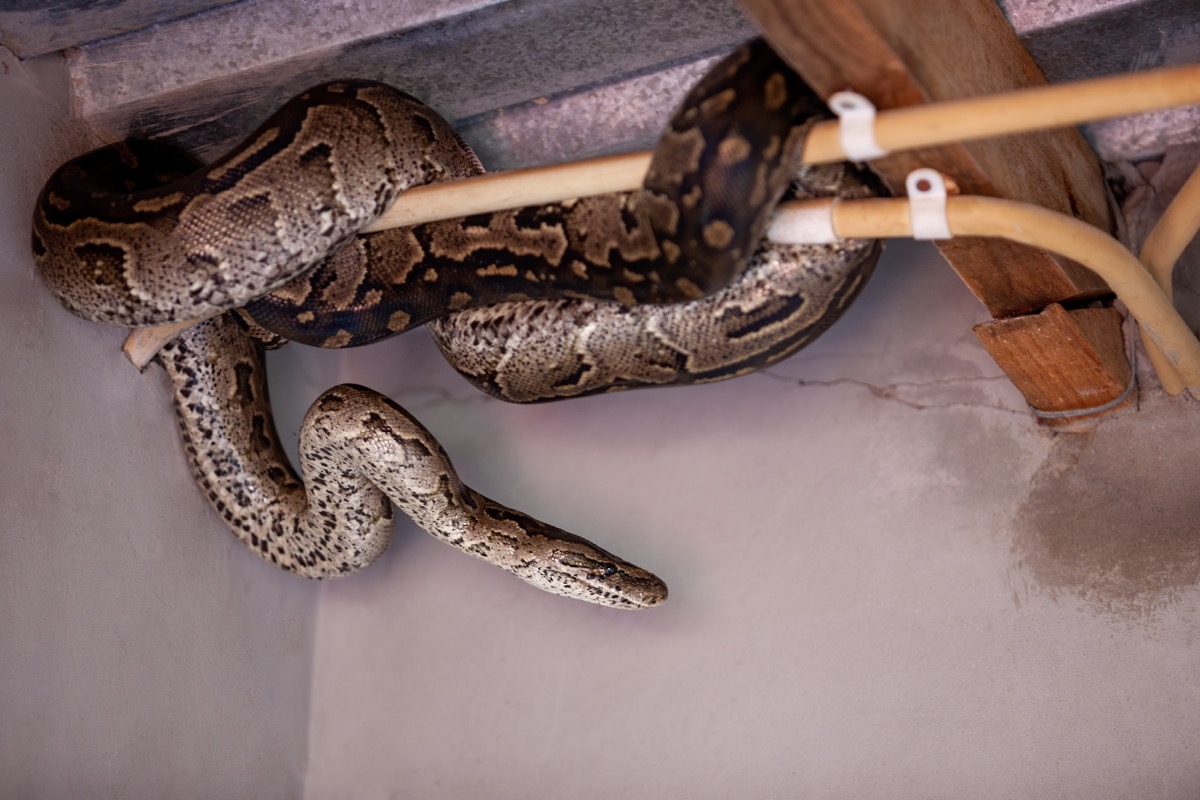

Articles
How To Get Rid Of Snakes In Your Basement
Modified: February 23, 2024
Discover effective articles on how to eliminate snakes from your basement. Get expert tips and techniques to safely remove and prevent snake infestations.
(Many of the links in this article redirect to a specific reviewed product. Your purchase of these products through affiliate links helps to generate commission for Storables.com, at no extra cost. Learn more)
Introduction
Having snakes in your basement can be a frightening and unsettling experience. Not only can they cause damage to your property, but they can also pose a threat to the safety of you and your family. Understanding how to get rid of snakes in your basement is essential for maintaining a secure and comfortable living environment.
Snakes are cold-blooded reptiles that are attracted to dark, damp, and cool places, making basements an ideal habitat for them. They can enter your basement through small cracks, gaps, or openings in the foundation or walls. Once inside, they may seek shelter, hunt for food, or lay their eggs. It is crucial to address the issue promptly to ensure the snakes are removed safely and prevent any further infestation.
In this article, we will provide you with valuable information on how to identify the snake species, assess the snake situation, and effectively remove snakes from your basement. We will also discuss preventive measures to keep them from reentering your basement. In some cases, it may be necessary to seek the assistance of a professional snake removal service. So, let’s dive in and learn how to eliminate snakes from your basement once and for all.
Key Takeaways:
- Understanding the behavior and motivations of snakes in basements is crucial for effective removal. Identifying the species, assessing the situation, and using safe removal methods are essential steps in reclaiming your space.
- Preventing snake entry into your basement through proactive measures such as sealing cracks, installing barriers, and maintaining a clutter-free environment is key to long-term snake control. Professional removal services can provide expertise and peace of mind.
Read more: How To Get Rid Of Snakes In Your Crawl Space
Understanding Snakes in Basements
Before we delve into the methods of getting rid of snakes in your basement, it’s important to understand why they are drawn to these spaces in the first place. Snakes seek out basements due to the favorable conditions they provide.
Basements typically offer a dark and secluded environment with a stable temperature, making them an attractive habitat for snakes. If your basement has moisture issues or if there are cracks and crevices that allow easy entry, it becomes even more enticing for these reptiles.
Snakes in basements are usually seeking shelter, food, or a place to lay their eggs. They are skilled at finding small openings and can squeeze through gaps that seem impossible for their size. Once inside your basement, they may hide behind boxes, crawlspaces, or any other suitable hiding spot they can find.
It’s important to note that not all snakes are dangerous or venomous. However, even non-venomous snakes can deliver a painful bite if they feel threatened. It’s therefore crucial to approach the situation with caution and take steps to remove them safely.
By understanding the motivations and behaviors of snakes in basements, you can better assess the situation and come up with an effective plan to eliminate them from your home.
Identifying the Snake Species
Identifying the snake species in your basement is an essential step in determining the appropriate measures to take for removal. While it’s not always easy to identify snakes, there are a few key characteristics to look out for.
Firstly, it’s important to determine whether the snake is venomous or non-venomous. Venomous snakes have distinct features such as triangular-shaped heads, vertical pupils, and heat-sensing pits between their eyes and nostrils. However, it’s crucial to exercise caution and not try to handle the snake if you are unsure of its species.
If you can observe the snake from a safe distance, pay attention to its coloration and patterns. Different snake species have unique color patterns that can help with identification. Take note of the snake’s body shape, length, and any markings or patterns it may have.
If you’re unable to identify the snake on your own, it’s best to contact a professional snake removal service or animal control agency. They have the expertise and knowledge to identify and handle snakes safely.
Remember, it’s always better to err on the side of caution when dealing with snakes. Treat all encounters with snakes as potentially dangerous until proven otherwise, and take adequate precautions to protect yourself and others.
Assessing the Snake Situation
Once you have identified the snake species or if you are unable to do so, it’s crucial to assess the snake situation in your basement. Understanding the extent of the infestation and the behavior of the snakes will help you plan the most effective course of action.
Start by observing the snakes and their movements. Are they frequently seen or hiding most of the time? Do you notice any patterns in their behavior, such as specific areas they tend to frequent? This information will help you determine the potential hiding spots or entry points that need to be addressed.
Next, inspect your basement for any signs of snake activity. Look for shed skins, droppings (feces), or any evidence of nesting, such as piles of debris or disturbed insulation. These signs can give you clues about the number of snakes present, their size, and their activity level.
Additionally, check for any holes, cracks, or gaps that the snakes may be using to enter or exit your basement. Close examination of the foundation, walls, and utility openings is crucial to identify potential entry points. Remember that snakes can fit through surprisingly small spaces, so be thorough in your inspection.
If you come across a snake while assessing the situation, keep a safe distance and avoid antagonizing or provoking it. Try to keep an eye on its movements and note its behavior. This information will be helpful when deciding on the appropriate removal method.
By thoroughly assessing the snake situation in your basement, you’ll gain a better understanding of the scope of the infestation and be able to make informed decisions on how to proceed with their elimination.
Seal any cracks or openings in the foundation and walls to prevent snakes from entering. Keep the basement clean and clutter-free to eliminate potential hiding spots for snakes.
Removing Snakes from Your Basement
Removing snakes from your basement requires careful planning and execution to ensure your safety and the well-being of the snakes. Here are some steps you can take to effectively remove snakes from your basement:
- Stay calm: It’s natural to feel anxious or frightened when encountering a snake in your basement, but it’s important to stay calm. Panicking can increase the chances of accidents or causing the snake to become more defensive.
- Isolate the snake: If possible, try to confine the snake to a single area of your basement. Close off any openings that lead to other parts of your home to prevent the snake from escaping to other rooms.
- Use snake traps or barriers: Set up snake traps or barriers near the areas where the snake is frequently seen. These traps can be in the form of glue boards, snake-proof fences, or mesh barriers that prevent the snake from moving freely.
- Safe removal methods: If you feel confident and have experience handling snakes, you can carefully catch the snake using proper snake-handling tools, such as snake tongs or hooks. Always wear protective gloves and ensure you have a secure container to transport the snake to its natural habitat or to a local wildlife center for proper handling and release.
- Seek professional help: If you’re unsure about handling the snake yourself or if you believe it may be venomous, it’s recommended to contact a professional snake removal service. They have the expertise and tools necessary to safely remove the snake from your basement and relocate it.
Remember, it’s crucial to prioritize your safety during the snake removal process. Do not attempt to handle a snake if you are unsure of its species or if you are not comfortable doing so. Seek professional assistance if needed.
Once the snake has been successfully removed from your basement, take the necessary steps to seal any entry points or repair cracks and gaps to prevent future snake infestations. This will help ensure a snake-free environment.
Read more: How To Get Rid Of Garden Snakes
Preventing Snake Entry into the Basement
Preventing snakes from entering your basement is an important step in maintaining a snake-free environment. By taking proactive measures, you can reduce the likelihood of snakes finding their way into your home. Here are some effective strategies to prevent snake entry into your basement:
- Seal cracks and gaps: Conduct a thorough inspection of your basement and identify any cracks, gaps, or holes in the walls, foundation, or utility openings. Seal these openings with caulk, weatherstripping, or other appropriate materials to prevent snakes from squeezing through.
- Install door sweeps: Install door sweeps on the bottom of your basement doors to eliminate any gaps that snakes or other pests could use as entry points.
- Keep the basement clean and clutter-free: Snakes seek out hiding spots, so it’s important to keep your basement clean and clutter-free. Remove any excess debris, piles of boxes, or other objects that could provide hiding places for snakes.
- Trim vegetation around the house: Trim branches and bushes near your home’s foundation. Overgrown vegetation creates ideal hiding spots for snakes and can also act as a bridge for them to access your basement.
- Install mesh screens: Install mesh screens over vents, windows, and utility openings to prevent snakes from entering through these points of entry.
- Install a snake fence: If you live in an area with a high snake population, consider installing a snake-proof fence around your property. These fences are designed to keep snakes out and can be an effective long-term solution.
- Secure trash and food sources: Snakes are attracted to food sources. Ensure that trash cans are tightly sealed and stored away from the basement entrance. If you have a basement pantry or storage area for food, make sure containers are tightly sealed to prevent the scent of food attracting snakes.
By implementing these preventive measures, you can significantly reduce the chances of snakes entering your basement. Consistency and ongoing maintenance are important to ensure the effectiveness of these prevention methods.
Hiring Professional Snake Removal Services
In some cases, it may be necessary to seek the assistance of professional snake removal services to effectively and safely remove snakes from your basement. Here are some key reasons why hiring professionals can be beneficial:
- Expertise and experience: Professional snake removal services have trained and experienced professionals who specialize in safely handling snakes. They are equipped with the knowledge and skills to identify snake species, safely capture them, and release them into their natural habitats.
- Safety precautions: Dealing with snakes can be dangerous, especially if you are unsure of their species or if they are venomous. Professional snake removal services take all necessary safety precautions to protect themselves, you, and your property during the removal process.
- Proper equipment and techniques: Snake removal experts are equipped with the appropriate tools and equipment to safely handle snakes. They use specialized snake tongs, hooks, and traps to safely capture and relocate the snakes without causing harm to themselves or the snakes.
- Thorough inspection and prevention: Professional snake removal services not only remove snakes from your basement but also conduct a thorough inspection of your property to identify potential entry points and areas that may be attracting snakes. They can provide recommendations and implement preventive measures to minimize the chances of future snake infestations.
- Legal compliance: Depending on your location, certain snake species may be protected by law, and handling or removing them without proper authorization can result in penalties. Professional snake removal services are well-versed in local regulations and ensure that all removal activities are conducted in compliance with legal requirements.
If you decide to hire a professional snake removal service, be sure to choose a reputable and licensed company. Research their experience, read customer reviews, and inquire about their methods and approach to ensure you select a trusted and reliable service.
By opting for professional snake removal services, you can have peace of mind knowing that the snakes will be safely and effectively removed from your basement, reducing the risk of any harm or further infestation.
Conclusion
Dealing with snakes in your basement can be a stressful and unsettling experience. However, by understanding the behavior of snakes and implementing effective strategies, you can successfully get rid of them and prevent future infestations.
Start by identifying the snake species or seek professional help if necessary. Assess the snake situation in your basement, taking note of their behavior and any evidence of activity. This information will guide you in devising a plan for removal.
Use safe removal methods, such as traps or professional assistance, to eliminate snakes from your basement. Prioritize your safety and remember that professional snake removal services have the expertise and knowledge to handle snakes safely and efficiently.
Preventing snake entry into your basement is crucial for long-term snake control. Seal cracks and gaps, install door sweeps, and keep your basement clean and clutter-free. Trim vegetation near your home and install mesh screens on vents and windows. Consider installing a snake-proof fence for added protection.
However, if you’re unsure or uncomfortable handling snakes, it’s best to rely on professional snake removal services. They will ensure the safe and proper removal of snakes and may offer valuable advice on preventive measures.
Remember, the key is to remain calm, take the necessary precautions, and address the snake issue promptly. By following these guidelines, you can reclaim your basement and maintain a snake-free environment for you and your family.
Frequently Asked Questions about How To Get Rid Of Snakes In Your Basement
Was this page helpful?
At Storables.com, we guarantee accurate and reliable information. Our content, validated by Expert Board Contributors, is crafted following stringent Editorial Policies. We're committed to providing you with well-researched, expert-backed insights for all your informational needs.

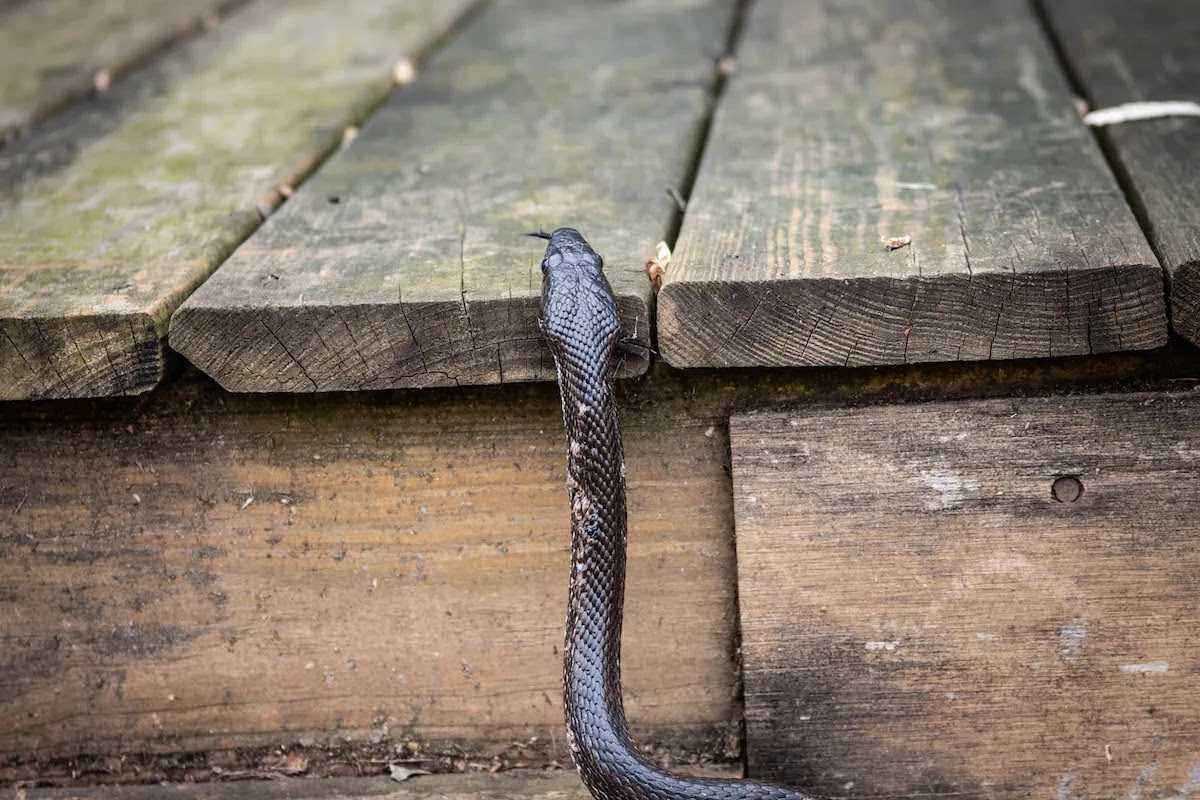
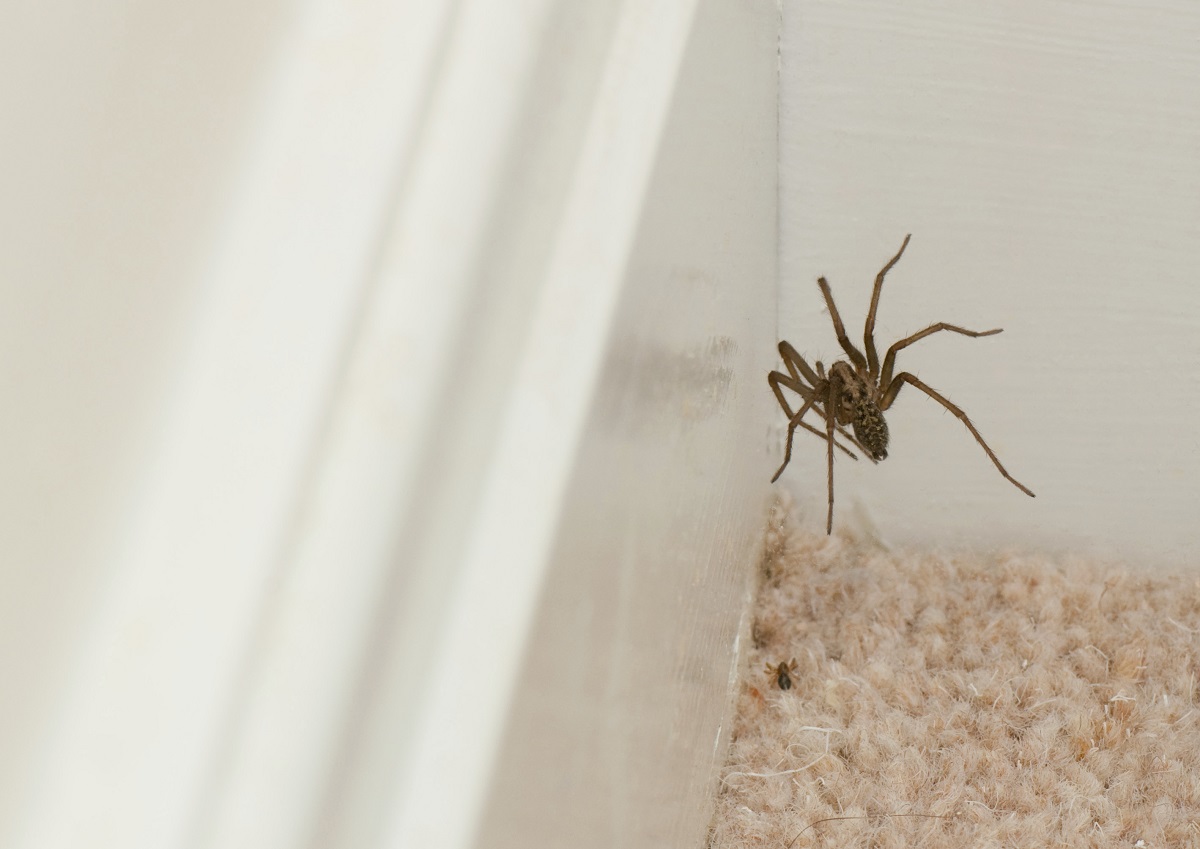
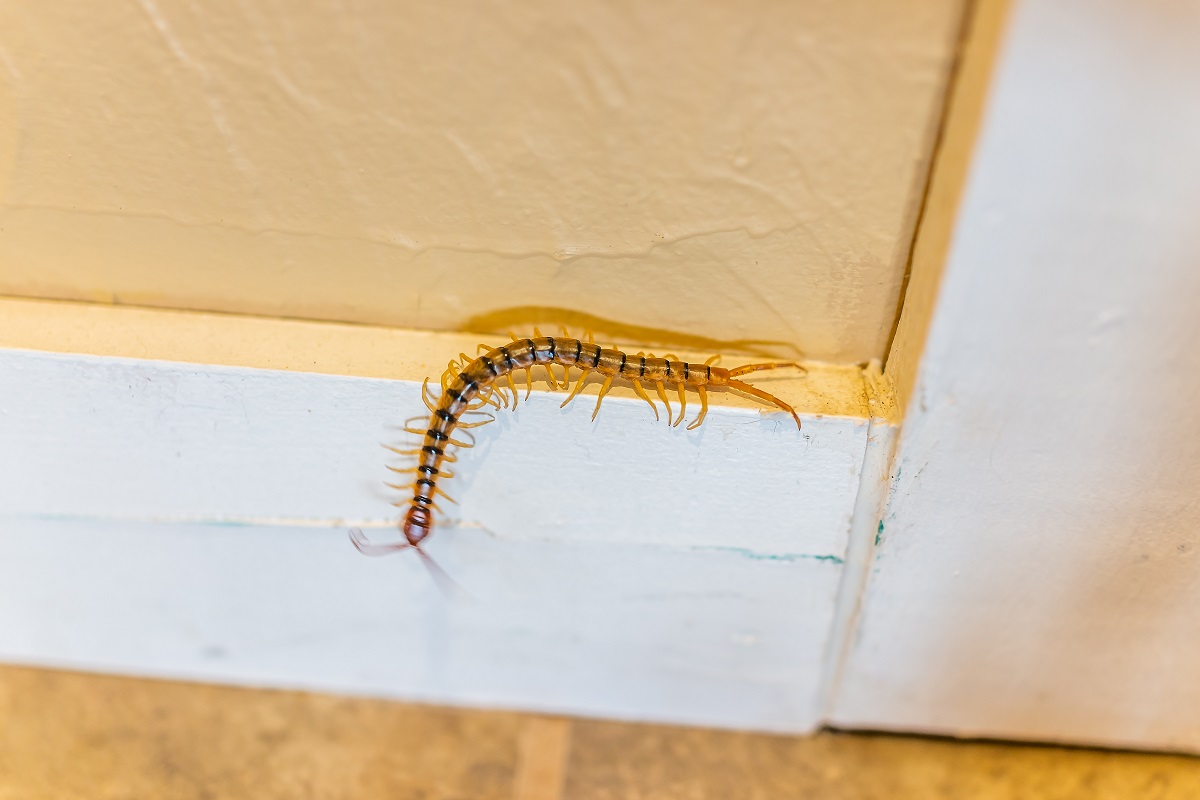
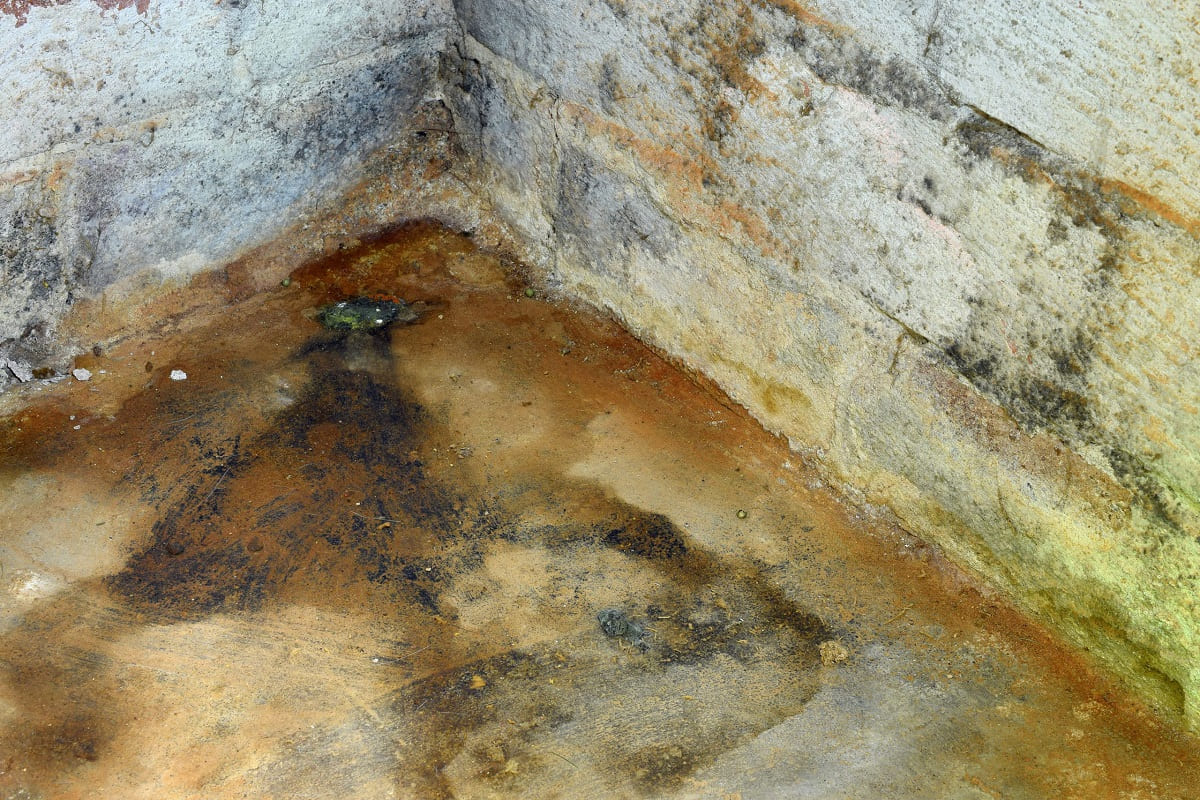
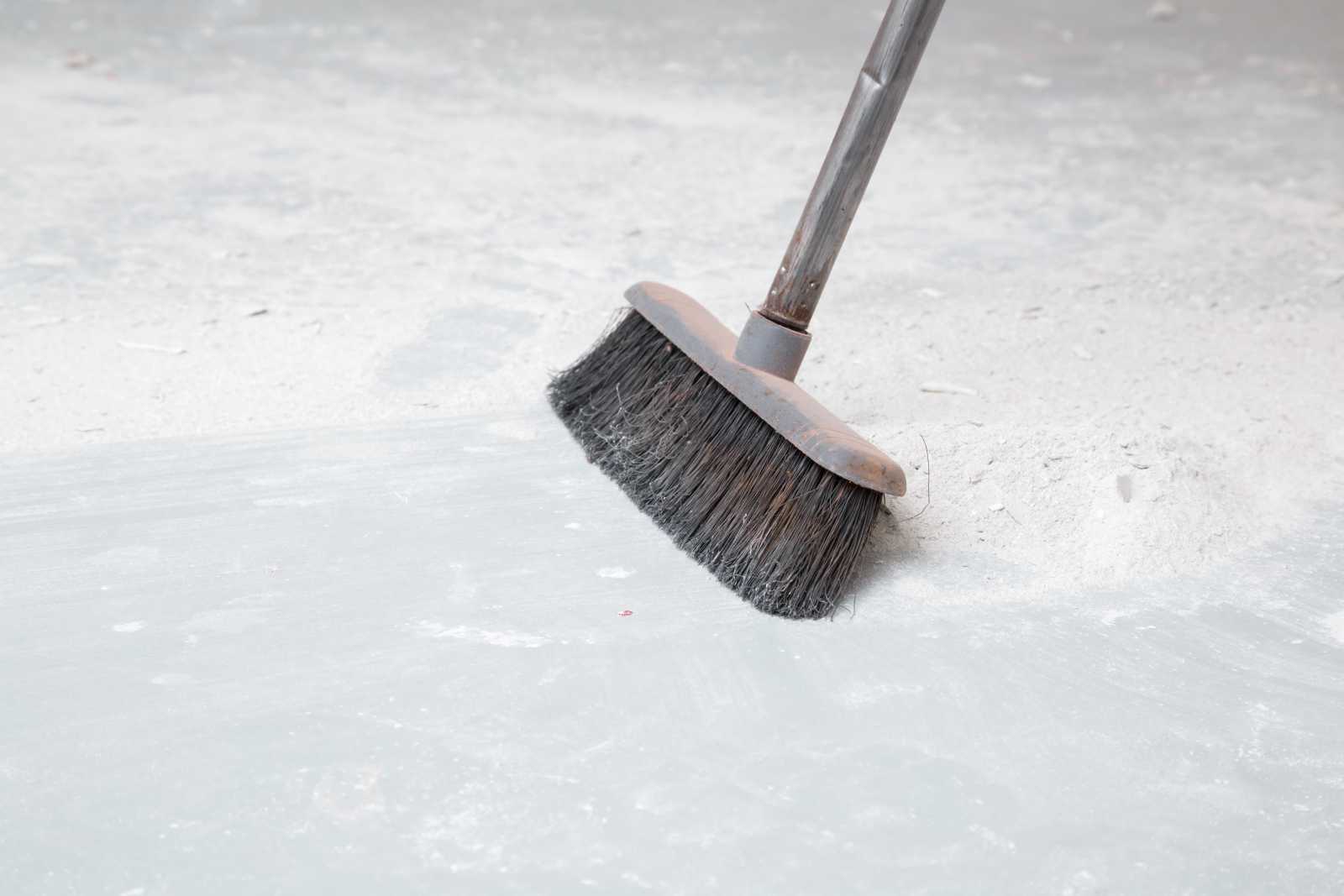
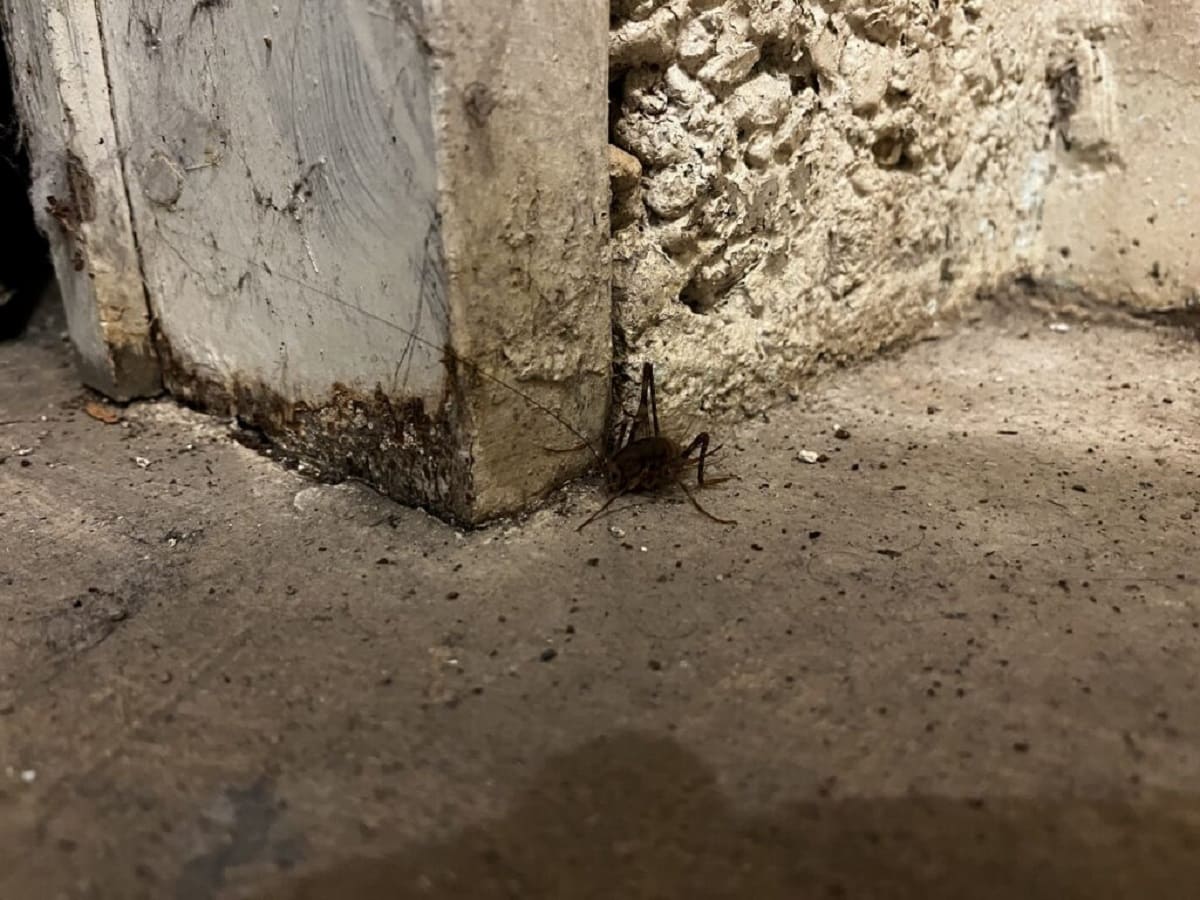
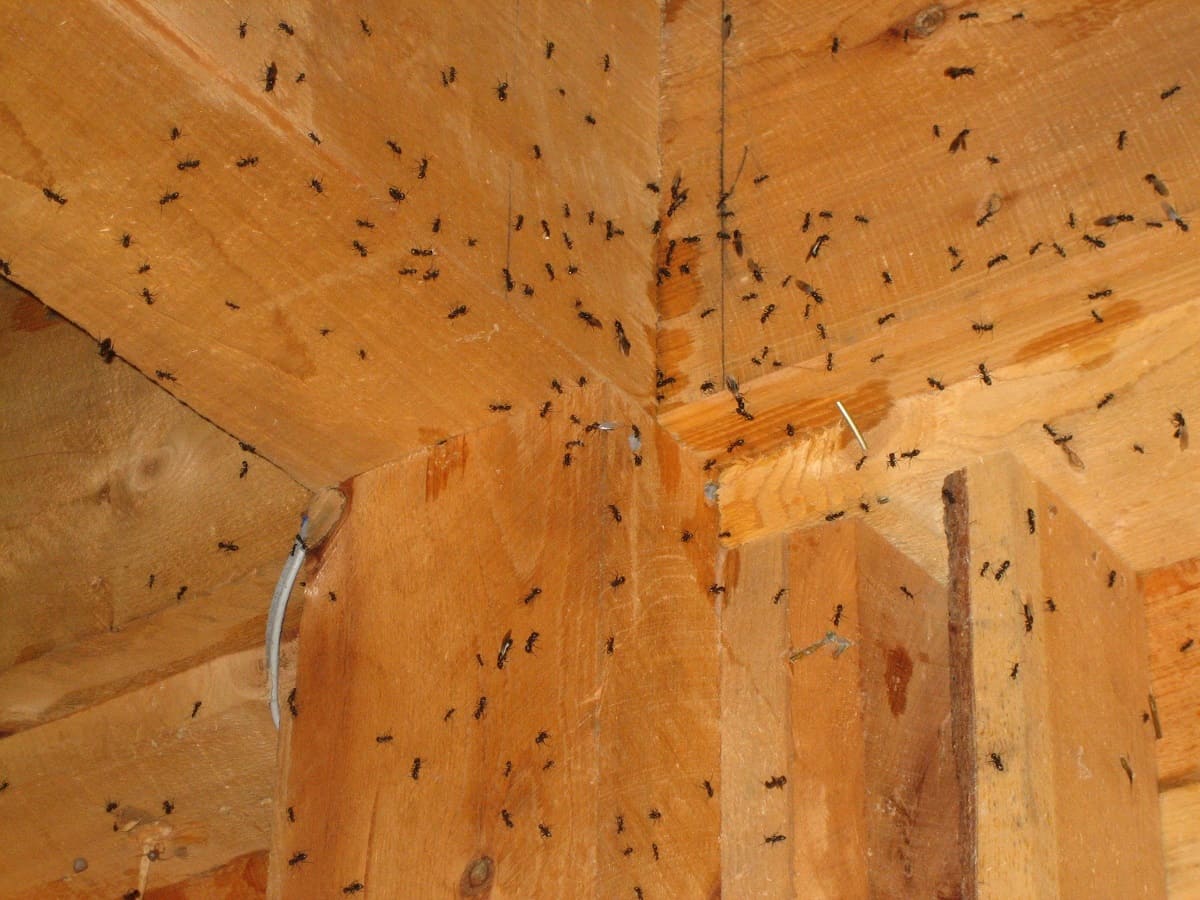
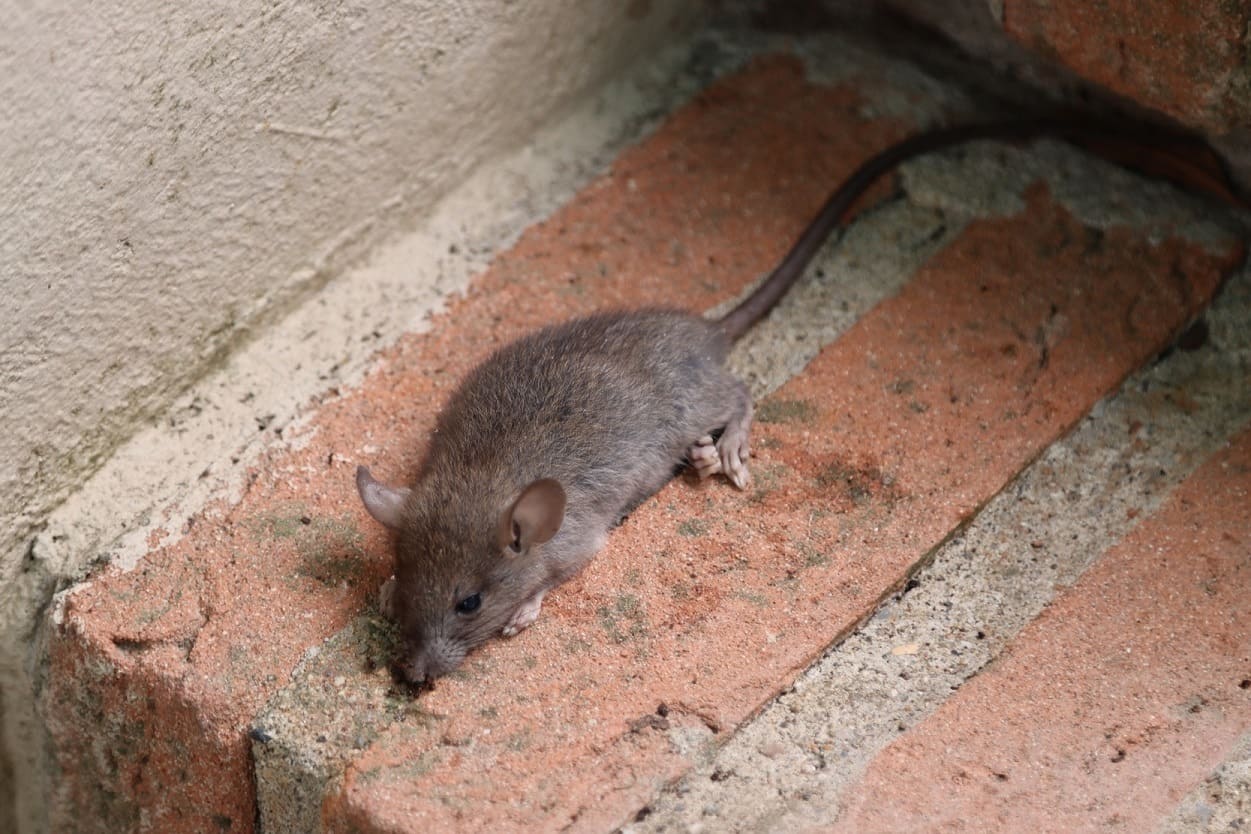
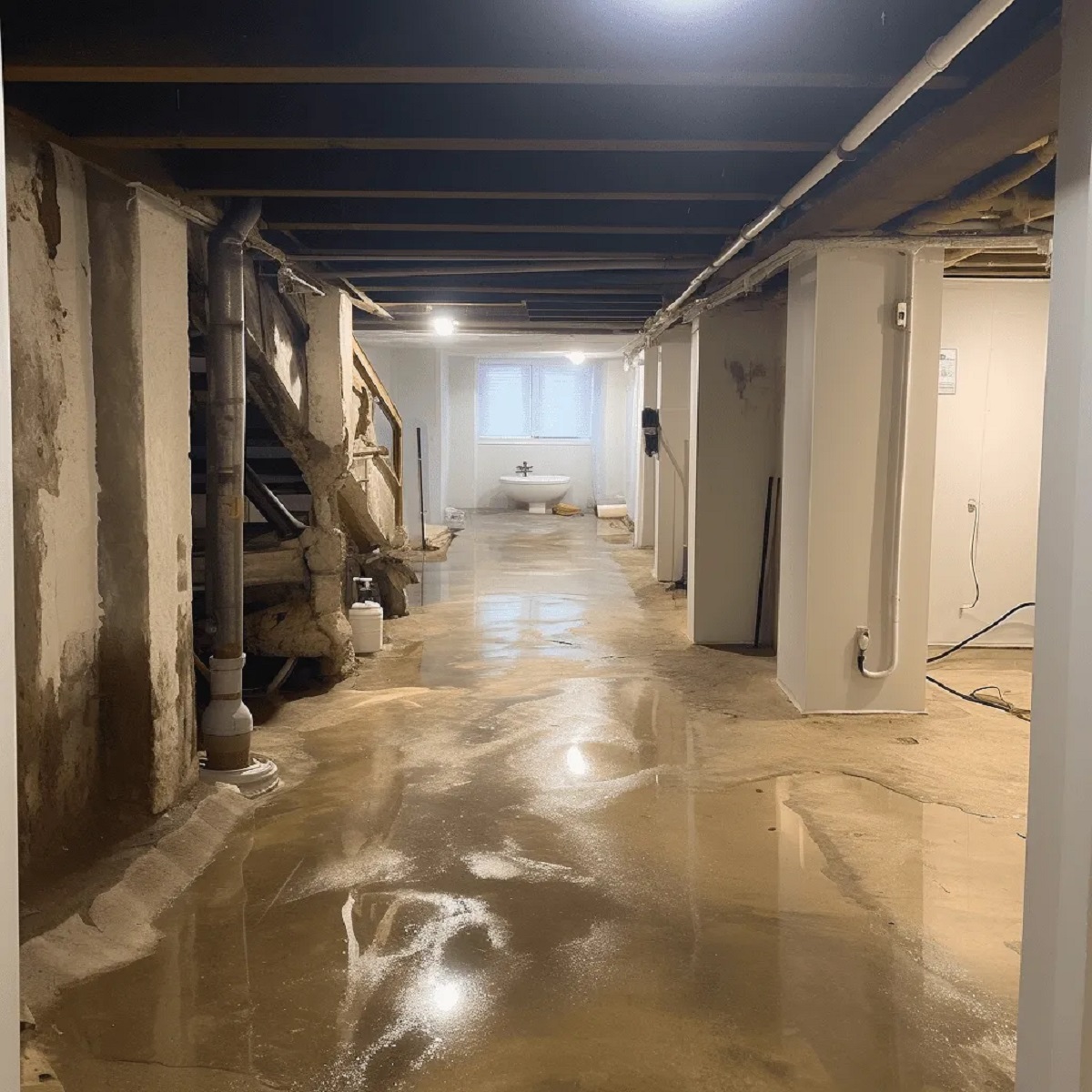



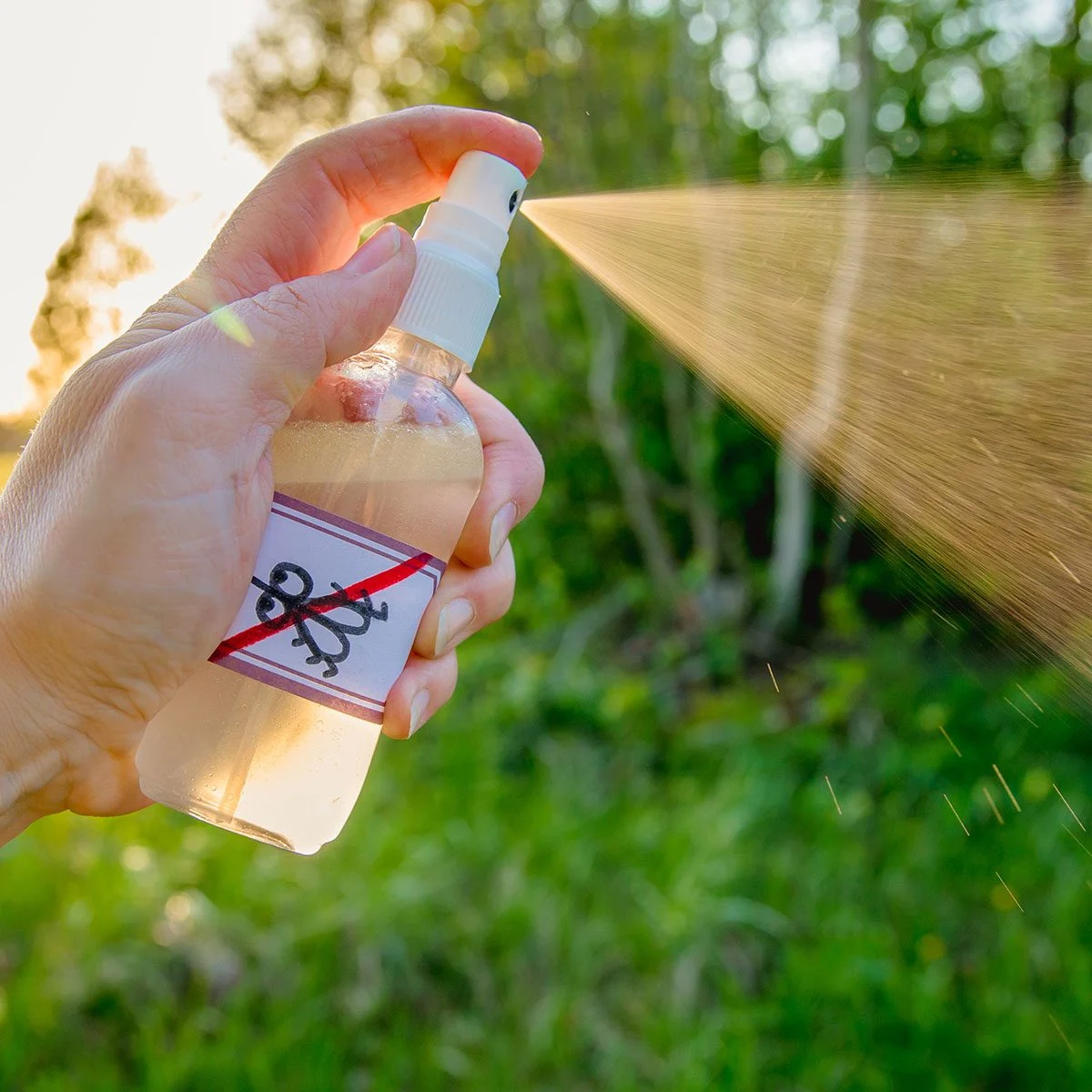

0 thoughts on “How To Get Rid Of Snakes In Your Basement”